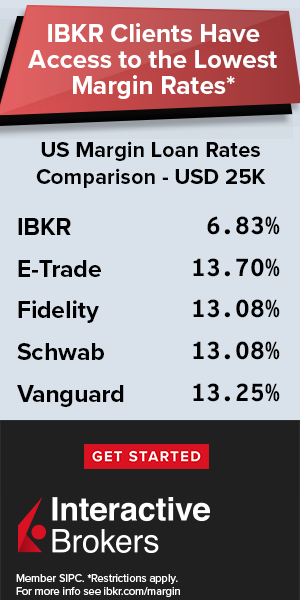A new nationwide report issued by credit management company Lowell in the UK indicates that a whopping 46% of young gamblers have made use of credit to finance their gaming activities in the UK. During the study, researchers interviewed a sample of 1,000 participants currently based in the UK to learn more about their gambling tendencies and the way that these might potentially affect their financial health.

This concerning trend highlights how many young people are increasingly turning to credit cards, loans, or even overdrafts to fund their betting habits. The accessibility of online gambling platforms offering enticing promotions, such as UK no deposit bonuses like the many you can find on the NoDepositCasino.guid dedicated UK page, can be particularly appealing to this demographic. These offers, while attractive, can contribute to a cycle of debt for young gamblers. Experts are calling for stricter regulations and more financial education to curb this issue.
Borrowed Funds and Credit Lines
In the study, the percentage of young bettors aged between 25 and 34 years old that chose to use credit to cover their wagering habits is approximately 22% higher when compared to gamblers of average age. The report also included that the increased use of loaned funds for betting happened during a time where online searches for gambling apps on Apple’s App Store and Google Pay increased by 10% and 18% respectively.
While many participants claimed to be more likely to use personal funds, several also claimed they acted in a way that could negatively influence friends and family apart from their own financial wellbeing. From the sample of younger players, around 18% said they had borrowed money from their loved ones without permission, while a solid 17% made use of joint credit cards to sustain their gambling habits.
The same gambling activity amongst participants of the same age group also resulted in an increased need to borrow money to cover their household expenses, with around 13% claiming they have skipped out on paying important bills.
As a direct result of credit card usage and missed payments, 13% of these young gamblers had their credit score negatively affected. Just to put things into perspective, that’s around 3.3 times higher than the current national average which stands at around 4%.
When Does It Become a Problem?
The study also highlights the need to address the worrying need of young gamblers relying on credit to sustain their habits. According to John Pears, Managing Director at Lowell, this might be due to the fact that gambling is often perceived as a quick way to make money, which will eventually help them pay bills or take out new credit facilities.
Another concern among the UK residents interviewed was that 39% were seemingly not aware of the resources and tools available when seeking out professional help to take control of the situation. Additional information regarding available help can also be accessed. The credit management company also included a list of red flags one should be aware of to signal when a person’s gambling is getting out of hand, these include lying about gambling, missing priority payments, borrowing funds to cover gaming expenses, and wagering more than they can afford to lose amongst others.


 Hot Features
Hot Features











